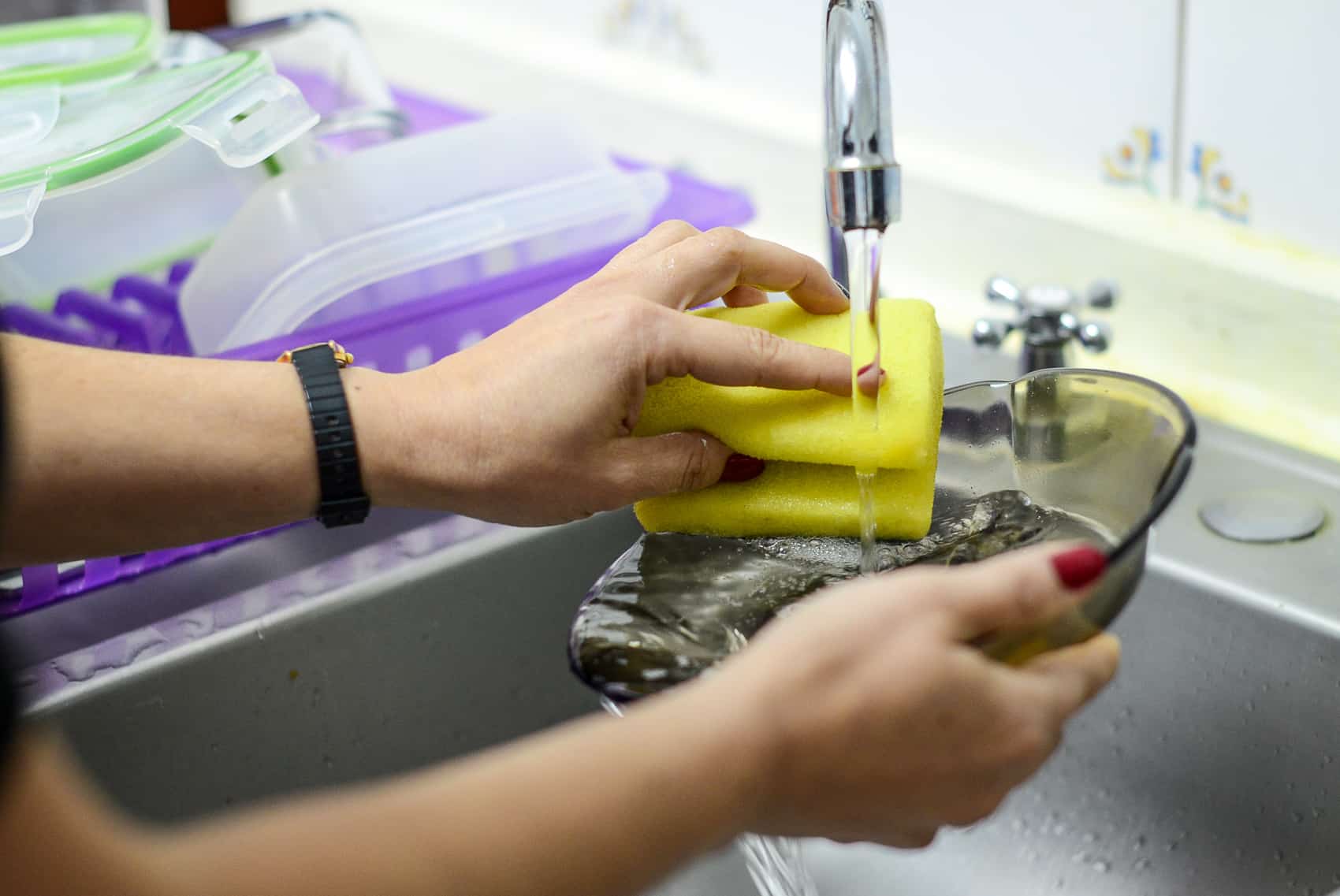It appears that our new president, Luis Guillermo Solís, is trying to make some reforms that will make Costa Rica more efficient, both in its operation and financial management. I would like to take this opportunity to suggest one area where, if President Solís were to direct some attention toward improvements, would not only increase the efficiency of a government agency, but would also improve the lives of citizens.
That area is the supply and deliver of potable water.
According to a joint report from WHO, UNICEF and Costa Rican health and water authorities, an estimated 50 percent of the water destined for Costa Rican homes and businesses is wasted because of poor infrastructure, leaks, overflowing tanks and poor water management. This, by comparison, is more than three times higher than the acceptable level of waste in the U.S.
In recent years Costa Rica has dodged a fresh water shortage and resulting rationing program, but the crisis is only over for this year. What about next year? And in the meantime, does the price charged for water service to residences and businesses keep going up?
Certainly, the price of everything else has risen, but why should supplies of clean, safe water be so short that the price has to rise? The answer is clear — it can be seen running freely in the streets.
A short jaunt around any populated area will reveal multiple instances of water seeping up into the streets from leaking supply line sources. (Anything before the water reaches a meter is “supply”.) It is rare to go even a single kilometer without seeing at least one leak, so there must be thousands upon thousands in the Central Valley alone.
And to make matters worse, many of these leaks are not new; some have existed for months, even years.
It’s not hard to figure out what the problem is – simply said, water system maintenance practices conducted by the major water suppliers, the National Water and Sewage Institute (AyA) and the ASADAS, are sub-standard. (ASADAS are independent associations which supply water to communities in areas that AyA does not service. There are over 2,000 ASADAS across the country.)
In my opinion, in almost every case, the responsibility for the poor maintenance procedures falls directly on the management of AyA and the ASADAS. It appears that their attitude is to “let someone else pay” – just shrug off the poor maintenance and resulting losses, and go on about the business of raising rates.
What is ignored by this approach is that it has serious consequences for virtually every person in Costa Rica, especially the poor, who bear the largest impact of a rate hike for basic water service. To pay more for water means that this group has less money for necessities, like medicine and food. In effect, AyA and the ASADAS are promoting poverty and malnutrition among the least affluent.
The problem of “it’s just a little leak” takes on huge proportions when magnified on a national basis. In addition to the impact on the poor, inefficient water delivery has much broader consequences. For instance:
- The cost of national health care services increases because expensive water service contributes to a rise in healthcare costs;
- Tourism is affected because resorts, hotels, restaurants, and other tourism-related industries, must raise their rates to pay for their increased overhead;
- The environment is hurt because the sediments and pollutants being washed off the streets end up in the streams and rivers of the country. The widely-promoted image of Costa Rica as being an environmentally conscious country is thereby blemished in the eyes of the world;
- The economy of municipalities and communities, who must fund expensive, repeated repairs to roadways caused by the leaks, is impacted. The poor condition of roads also tarnishes the national image to visitors;
- Those persons affluent enough to own a vehicle experience higher vehicle repair costs. The potholes created by leaking water increase the wear and tear on vehicles, and those repair expenses can take money away from putting food on the table.
What’s the solution? I suggest that President Solís needs to place attention on the inefficiency of the agencies that are responsible for delivering water to the citizens and businesses in the country. He should demand that the Public Services Regulatory Authority (ARESEP) take control, and require AyA and the ASADAS to take responsibility for widespread poor management and correct the practices that are having a negative impact on the nation’s finances and all the people who live or visit here.
The economic regulation of the major service providers in Costa Rica – AyA and ASADAS – is the responsibility of ARESEP. It is responsible for tariff setting, setting technical regulations, and monitoring the compliance with regulations.
So here’s an idea: ARESEP should deny ALL rate increase requests until the requesting body improves its water loss rate by 20 percent.
Allen Dickinson is a Florida transplant who’s lived in Costa Rica since 2006.






